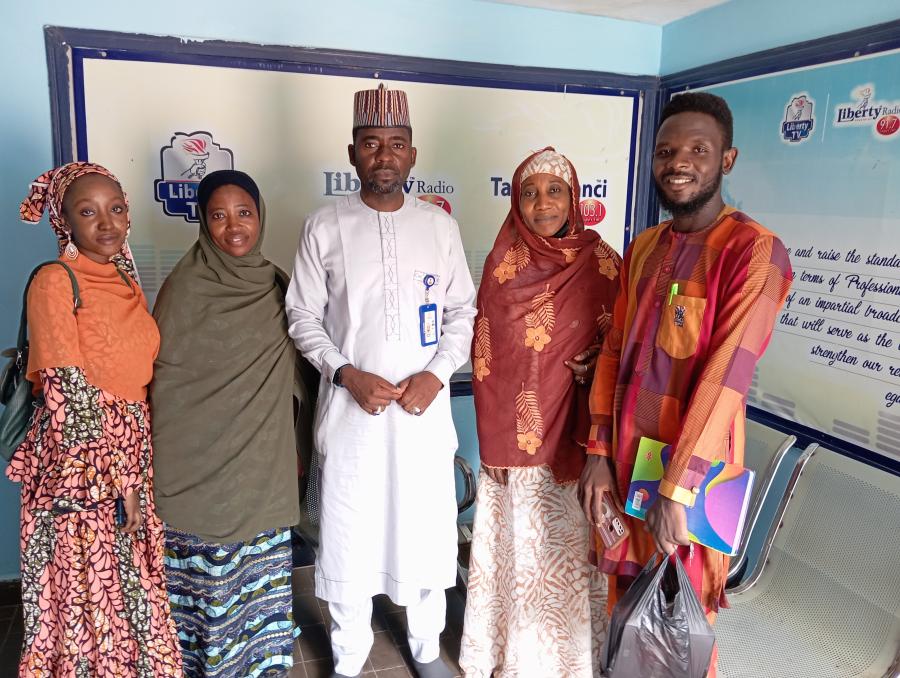The Broken Hoe is several books in one. It is testament to the concern and frustration of Nigerians with the failure of modern Nigeria and high price rural communities have paid for that failure. It is an autobiography about a journey from the village to a career beyond graduate studies in the U.S. It is also a reflexive ethnography by an anthropologist about his own indigenous and native culture.
The Biase of Southeastern Nigeria are agrarian and riverian fisherfolk whose home territory is on the east bank of the Cross River about 70 km north of the city of Calabar, just downriver from the Yakö written about by Daryll Forde (Yakö Studies Oxford University Press, 1964). Biase communities have been important in the politics of the Cross River watershed and have been active producers and traders from the pre-colonial period. Autonomy of Biase communities in general and David Iyam's home of Agwagune was lost with the increasing weight of colonial rule. From this point the erosion of traditional systems of authority and at times the direct assault on them enfeebled the structures of Biase communities robbing them of their resilience and adaptiveness.
Evident throughout the book are the disappointment and frustration of the Biase people and the author himself at the failures of development projects and modernization schemes, the sense of having been deceived by the false promises of policy and theory, and the sense of loss at the benefits forgone in these opportunities gone astray. These feelings are not born of resistance but of a desire to share in the wealth of Nigeria and to enjoy the benefits that an effective state can provide. In Iyam's view a successful development strategy is one that not only brings benefits from the state, but also strengthens local managerial capacities and local commitment to projects. He does not, however, fully explore whether demanding more from the state is consistent with an expectation of enhanced local autonomy. Successful projects would have had similar costs but held out something in return in the promise of better living conditions.
In addition to this oft-told tale development disappointments the book offers other rewards. As an ethnography, Iyam's account of Biase culture provides information about an ethnically complex region of Nigeria, only represented in literature by Stella Attoe's difficult to get A Federation of the Biase People (Enugu: Harris Publishers). Of interest are its portrayal of the development dialogue between indigenes of a place and government officials, one of whom in this case is also an indigene, the account of a double-descent system from an insider's experience and perspective, the forms of participation in local markets, and the accounts of gender relations in public circumstances related to development. As a personal statement, The Broken Hoe is as well about how an anthropologist attempts to reconcile different forms of belief, those of his natal village, of his educational training, of his anthropological training, and of his lived experience in the United States and in Nigeria. Iyam, while maintaining his professional distance, manages to convey both his desire and commitment to share the destiny of his people and also his distanced understanding of their difficult circumstances. Article copyright Cultural Survival, Inc.

